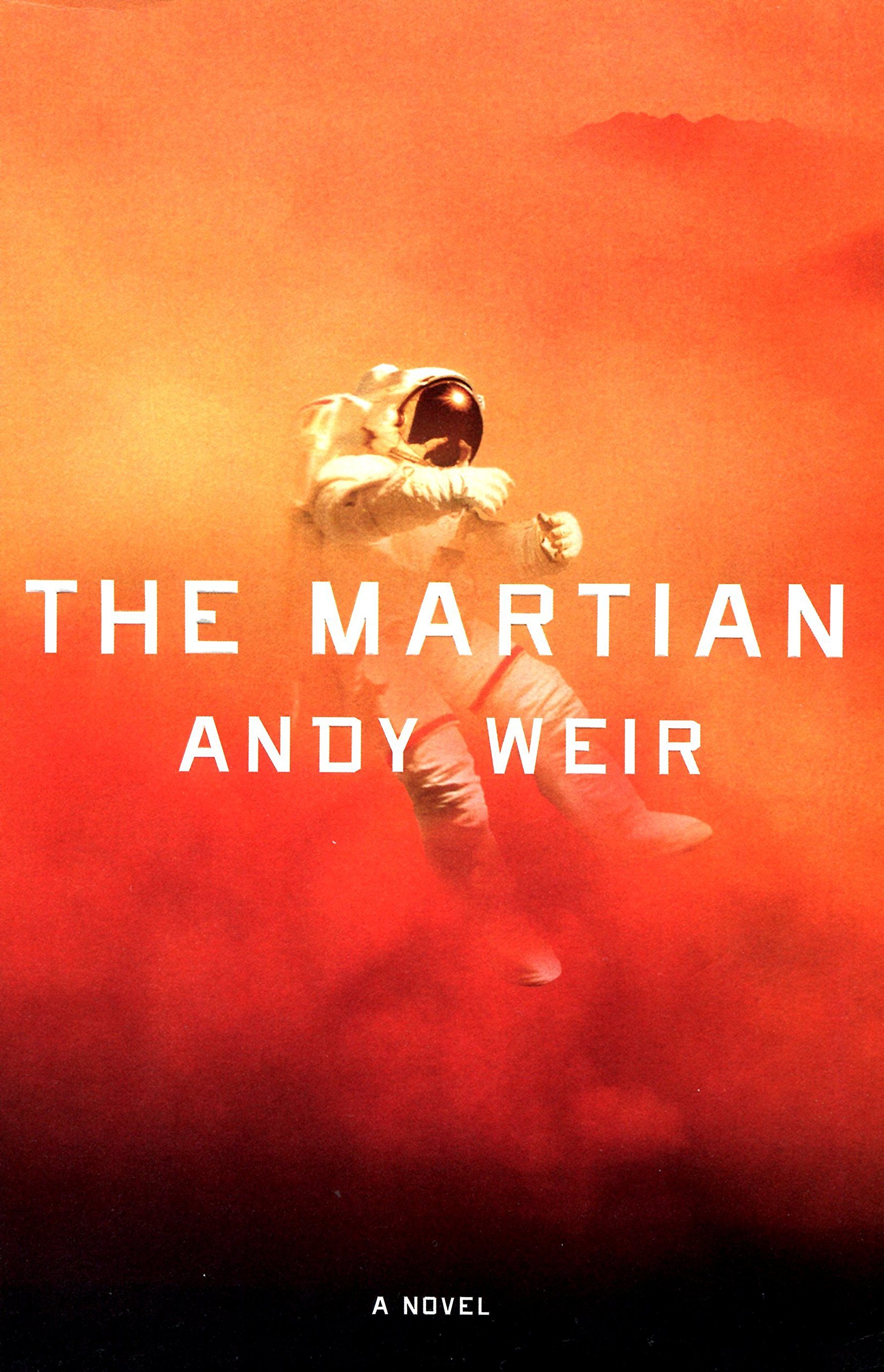Last question, said the moderator, scanning the room.
I’d been ruminating on something said in an earlier workshop at the writer’s conference I was attending. An agent, one of two who had come to help all us clueless writers try to figure out the labyrinthine process of getting a book into print, had responded to a question about contracts with a sentence that included the curious phrase “the life of the book.”
The life of the book. This resonated. A book is a living thing. Like a baby, the idea is planted, it gestates, you work and work and work, and then one day it is born into the world. Yes, I thought, it’s more than just a a physical thing, or even an electronic thing – it’s a living thing. It’s the distilled energy, hope, effort, blood, sweat and tears of its creator, offered up in human communion. It’s the physical (or electronic) embodiment of the relationship between writer and reader. What a beautiful concept!
I had carried that idea around with me all day. The life of the book.
I raised my hand. Last chance to look like an idiot. The moderator nodded at me.
I looked at the clean-cut representative of Scribner right in front of me, here to help us navigate the confusing world of traditional publishing, and said:
Suppose you manage to get an agent, who then gets a contract with a publisher – how long does your book stay on bookstore shelves, once it’s published? How long does your book last? What is the “lifetime” of your book?
He looked uncomfortable.
Realistically? he said. I just stared. The moderator stared. We all stared. He squirmed a little.
I wasn’t interested in the one-in-a-million blockbuster bestseller that no one saw coming. (Although, of course, he was.) Miracles happen — but I’m not counting on it in my case.
Realistically? Six weeks to two months. If it’s not selling well, it will be pulled off the shelves.
The room was quiet.
But as long as it’s selling electronic copy, even just one, it will still be available in e-book format, he added quickly, brightening. Several people started breathing again. Phew.
What a lovely baby, fantastic job, I know it was a tough pregnancy, you did everything right, but sorry love. We did everything we could, but this one isn’t going to see its first birthday. In fact, it’s going to die even before it’s gotten over that tricky three-month colicky stage. You can keep the pictures, though.
I felt like I’d been sucker-punched. But I was very, very glad I’d asked the question. Because his answer hammered the last nail into the coffin that holds all my former ideas about what a book is and how it’s published. Now I can bury it and move on.
The internet is changing everything. The industry’s gatekeepers – publishers who decide what readers get to read and how long books stay on shelves, agents who decide what publishers get to see, all in an effort to make as much money as possible for themselves in the process – are so twentieth century. The traditional publishing model, as another speaker at the conference had said earlier, is broken.
Last year, Dave sent me a link to a blog post written by author Kristine Kathryn Rusch. She made a very convincing case that the publishing industry is now where the music industry was ten years ago. I think she’s right. I think the panel of agents and publishers at the conference were representing a dying industry, one that no longer serves the interests of either writers or readers. In a last gasp effort to keep the money rolling in and their jobs intact, to stem the hemhorraging influence of e-books and the Internet, the industry preys on nobody writers like me, writers who are naive enough to entrust them with their babies in hope that someday they can say with pride: I’m a published writer.
UPDATE: I didn’t like the way this blog post ended, so I’ve changed it.
I don’t know what the future is. I don’t know if Amazon is evil, out like everyone else for one thing and one thing only: our money. Probably. But I do know one thing: if you’re willing to do the hard work involved in exploring new territory, it’s a good time to be a writer. The paradigm is changing. There are possibilities today that were not there yesterday.
I came away from the conference a bit lost and confused. A week later, I’m optimistic and motivated. I’m having a “baby” – hopefully the first of several. Like any expectant mother, I’m anxious about whether or not I’m up to the task. But I’ve done pretty well with humans, so I like my chances with books as well. Cheers!

